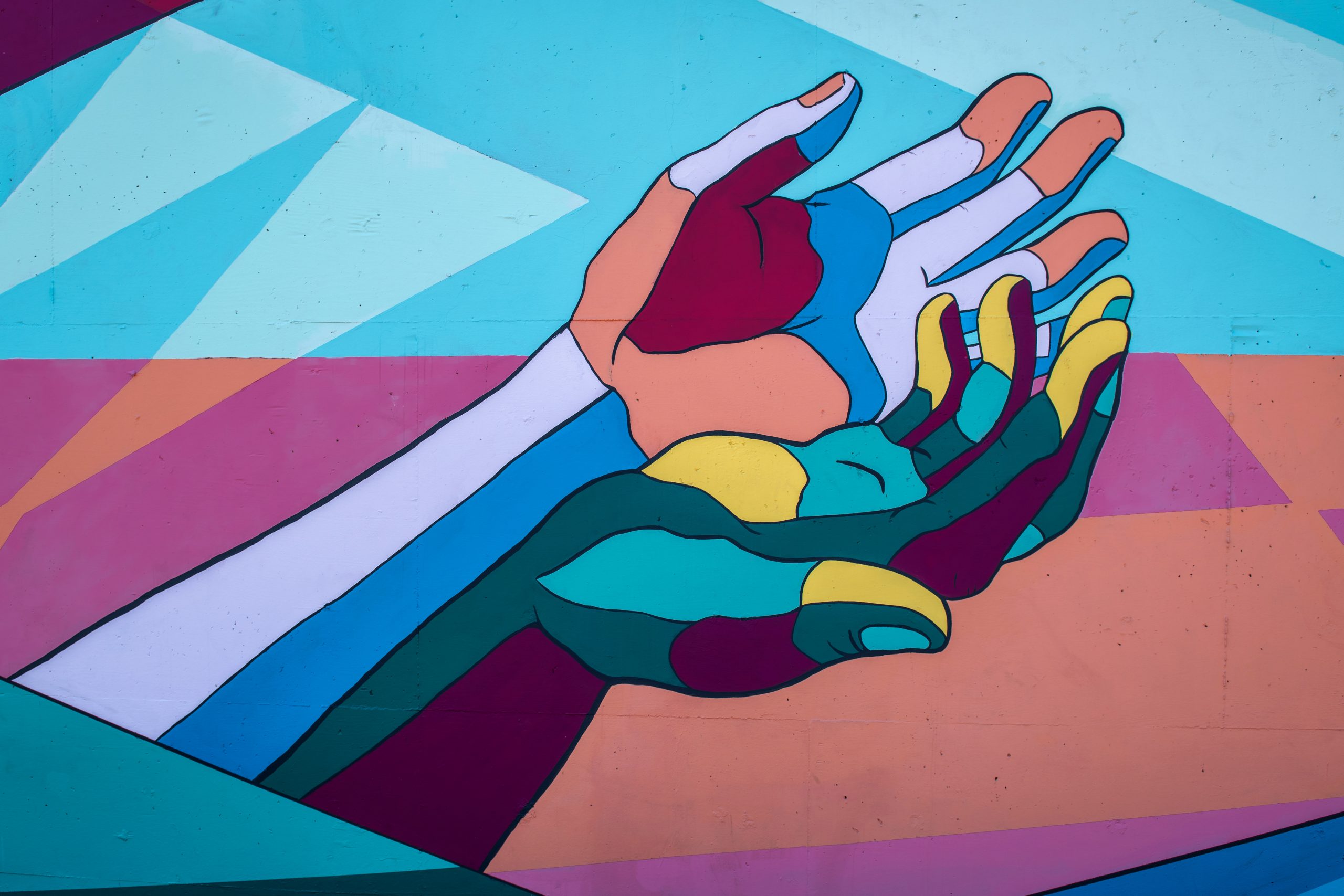3 Stigma

Per the NAMI’s website,
The need to eliminate stigma is nothing new. Fifteen years ago, a U.S. Surgeon General’s Report on Mental Health—the first and only one to date—identified stigma as a public health concern that leads peoples to “avoid living, socializing or working with, renting to, or employing” individuals with mental illness. Thanks to stigma, people living with mental health conditions are:
- Alienated and seen as “others.”
- Perceived as dangerous.
- Seen as irresponsible or unable to make their own decisions.
- Less likely to be hired.
- Less likely to get safe housing.
- More likely to be criminalized than offered health care services.
- Afraid of rejection to the point that they don’t always pursue opportunities.
Many people living with mental health conditions don’t feel comfortable talking to their friends and family about what they’re dealing with. Those living with a mental health condition don’t want it any more than a person would want a broken leg. But focused thought and effort can’t make depression go away, just as focusing on healing won’t fix a shattered bone.[1]
Learn more about stigma affecting individuals with mental health conditions:
- StigmaFree, NAMI
- StigmaFree Me, NAMI
- https://nami.org/StigmaFree-Me ↵

